Preston was born in Tainan in southern Taiwan. But after more than two decades of living on the island, he still can’t hold a Taiwanese passport.
The 33-year-old teacher of English told HKFP that gaining citizenship was his long term goal but there was one big complication: “In order to apply, I would have to give up my Canadian citizenship, which would be quite difficult because that would be like cutting ties with my family in Canada,” he said.

Preston, who asked only be identified by his first name, was born to Christian missionaries who worked on the island for three decades. “Growing up, we felt that Taiwan was our home and it was all we kind of knew,” he said, referring to himself and his siblings.
Although he has spent around 25 of his 33 years in Taiwan, under the current nationality law, no pathway to dual citizenship is available to him. The law adheres largely to a principle of “single nationality,” requiring foreign nationals to renounce their original citizenship before becoming a Taiwanese citizen.
Instead, foreign nationals can acquire an “Alien Permanent Resident Certificate” (APRC) after living in Taiwan for five years. This confers most of the rights enjoyed by citizens but excludes them from household registration — documents which are needed to vote, among many other things.
“Household registration is important to live a normal life in Taiwan,” Michael Fahey, a lawyer and co-founder of immigration rights lobbying group Forward Taiwan, told HKFP. “It’s tied to all kinds of benefits and small things in life you wouldn’t otherwise think about.”
APRC holders face a series of small daily inconveniences, including difficulties securing mortgages, renting cars and using certain e-commerce platforms. They are barred from public senior discounts and other benefits even though some have paid taxes in Taiwan for decades.

“A lot of everyday things are just not available to non-citizens,” Jenna Cody, an English teacher trainer originally from the US, told HKFP. “It’s very hard to rent cars or buy train or bus tickets through certain online systems because they don’t accept the [APRC] ID.”
The distinction between a permanent resident and a citizen can also manifest itself in absurd ways. Cody was once barred from ordering a birthday cake online because the order form demanded an ID card number format only given to Taiwanese citizens.
Although a new numbering system for APRC was introduced in early January to make permanent resident numbers and citizen ID card numbers compatible, it is too soon to tell whether it will ease these small frustrations.
Cody, a 40-year-old who came to Taiwan in her mid-twenties, told HKFP she decided early on that she wanted to make the island her home. “Within the first couple of years I had the feeling I wanted to make my life here permanent… Taiwan was a wonderful place to live. It was such a good country to me that I… felt I should also give back, try to contribute. That’s something you can only do in the long term.”

“And now I am hoping to some day become a dual national, but I just have no idea when that will be possible,” she said.
When asked why she didn’t consider renouncing her US citizenship, Cody, like Preston, said she was not prepared to do so in case she had to return to the States temporarily to take care of her ageing parents. Unlike other countries, the US does not allow its former citizens to reclaim US nationality once it has been renounced.
“I joke that I’m too filial… that’s why I can’t be Taiwanese,” she said, referring to the Chinese tradition and custom of taking care of one’s parents in their old age.
Club of elites
Unlike Japan and the People’s Republic of China which also have single nationality laws, Taiwan allows its own citizens to hold dual nationality of other countries.
The double standard in rules for Taiwan nationals and foreign professionals has caused frustration among those in the international community who have lived and worked on the island for decades and have no intention of ever leaving.

Peter Whittle, a barrister and translator who has lived in Taiwan for 35 years, was on the point of renouncing his British citizenship 12 years ago before he decided to lobby against the requirement and call for the Nationality Act to be amended.
“When I began the process, I was actually willing to do so,” he told HKPF in an email, referring to forgoing his British passport. “[B]ut when I looked into the mechanics of it and thought more deeply about what it would mean for me and about the deep unfairness and absurdity of it, I baulked at doing so.”
A small change came in 2016, when immigration laws were amended to allow for two narrow exceptions to the rule barring foreign nationals from becoming dual nationals: those who have made “special contributions to Taiwanese society” and “high-level foreign professionals” in fields including technology, economic matters, education, culture or the arts,
Whittle was among seven “high-level foreign professionals” granted dual nationality in December 2020, over a decade after he began the naturalisation process. Others who have received dual citizenship include a Vietnamese-language academic and an engineer involved in the building of the MRT train system.
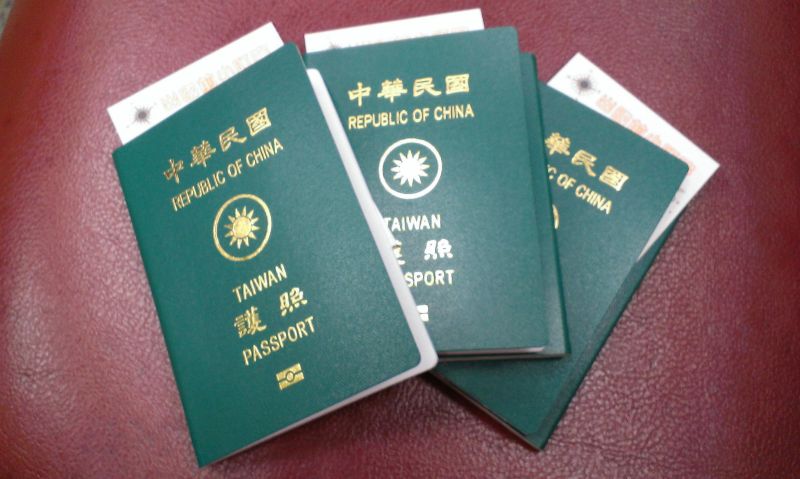
Since the scheme began, the Ministry of the Interior had granted dual nationality to a total of 171 high-level foreign professionals as of the end of last year, and to 71 people for special contributions to Taiwan as of the end of 2019. High-profile recipients of dual nationality through the latter qualification were Christian missionaries, one of whom had served in Taiwan for over half a century.
For some, these figures are far too small.
“They’re using it as a rewards system,” Preston said. “I always joke that unless you’re a superman or a superhero, or some saint,…or an Olympian or Einstein, you won’t get it.”
“It’s basically a very exclusive club, but there’s more to good citizens than just being an elite member of society,” he added.
Kerim Friedman, an academic who became a dual national through the “high-level foreign professionals” scheme in 2019, told HKFP the total was “way too few. What bothers me is the pace has been the same. It should be accelerating.”
Civic life
Friedman, an anthropology professor originally from New York, said he first thought of becoming a Taiwanese citizen during the Sunflower Movement of 2014, when activists occupied the Legislative Yuan for three weeks to protest against a proposed free trade agreement with mainland China.
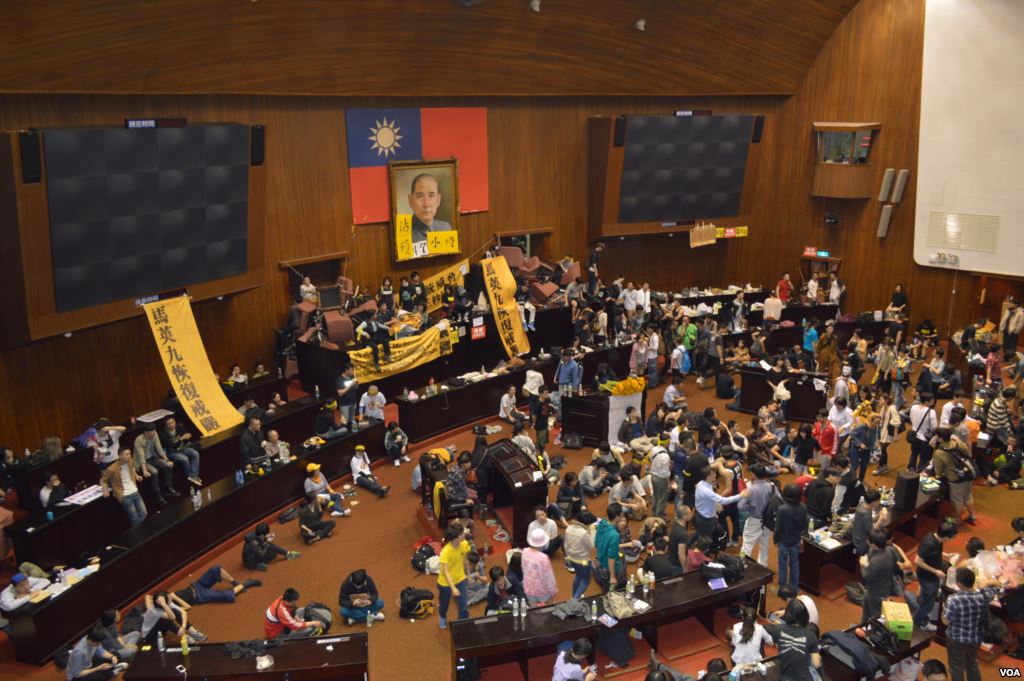
At the time Friedman, who teaches at National Donghua University’s Department of Indigenous Cultures, was hesitant to join his colleagues who were taking students on field trips and holding classes in the occupied legislature. “I didn’t want to go with them, because I felt that, as a foreigner, doing an illegal act like that… I’d be kicked out of the country.”
“I didn’t want to risk my whole life. It’s one thing to maybe get fined or go to jail for a month… it’s another thing to have to pack up and leave your job and go somewhere else. That left an impression on me. If I was a citizen, I could have done that.”
After becoming a dual citizen, Friedman can now take part fully in civic life. “As somebody who lives here and cares about Taiwanese politics, it’s nice to be able to vote.”
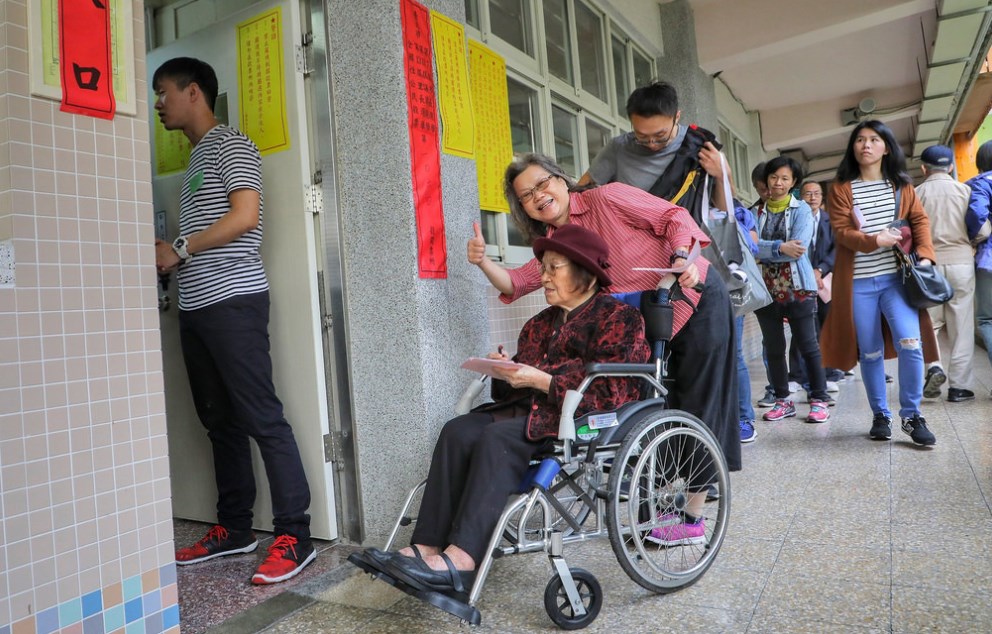
The desire for security is particularly acute among foreign professionals who have had children in Taiwan.
Cahleen Hudson, a mother of two young sons born and raised in Taiwan, told HKFP she worried about her children’s future. Being able to secure dual nationality for her children would give her peace of mind. “It would mean not having to worry about what would happen when they’re older, or about our family possibly being separated in some way.”
Fahey, the US lawyer who has helped clients attain dual nationality with his Taiwan admitted colleagues, said a common motivation among applicants was the desire to have their voices heard. “To be able to participate more fully in civil and political life… when we do have issues like that, the fact we can’t vote means nobody listens to us.”
The lawyer, who is himself one of Taiwan’s around 21,000 foreign permanent residents, added that the desire to feel fully integrated in society “is just the natural, organic outgrowth of having lived in a place that you like for quite a long time.”
Shrinking population
Those pushing for dual nationality reform also argue that the island stands to benefit from more open immigration policies. Taiwan’s population shrank for the first time ever last year, by over 41,000 people. The National Development Council predicts it will become a “super-aged society” by 2025, with one in five people aged over 65.
With one of the lowest birthrates in the world, Taiwan sees some of its universities struggling to stay open. Earlier this year, the Ministry of Education announced that 121 university programmes had zero enrolment.
“The problem is that the demographic structure is not right,” Fahey told HKFP.
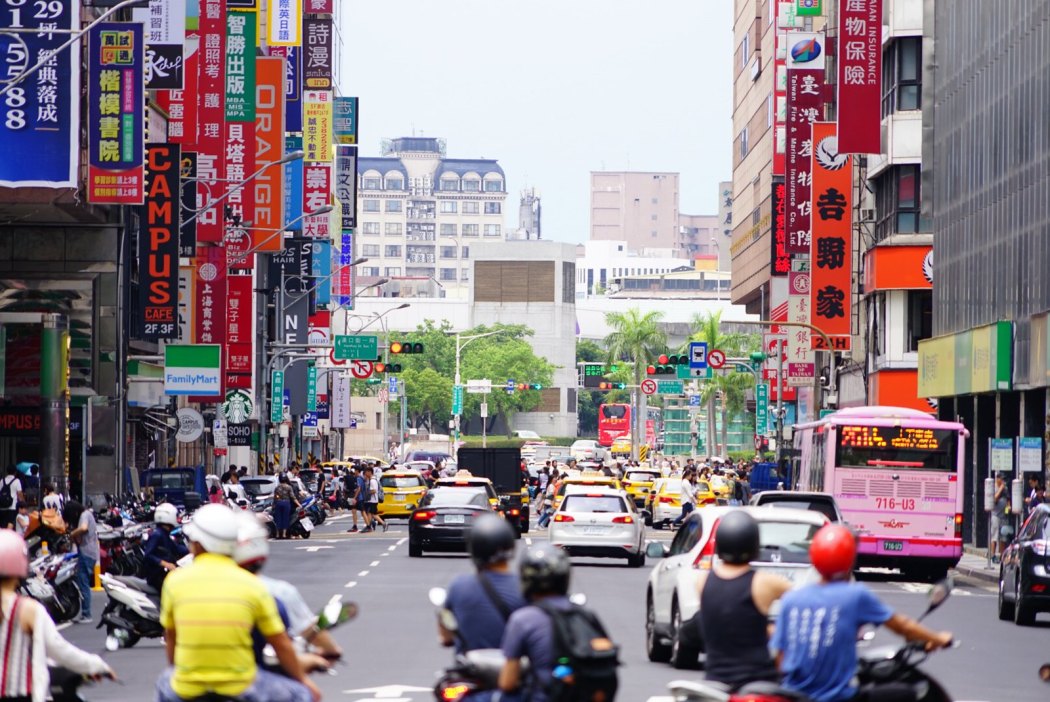
“There’s not enough young people and there won’t be enough young people to support older people in their increased expenses. Demographic imbalance is a challenge for Taiwan and… this is one way to do something about that,” he said, referring to an easier pathway to dual nationality.
Taiwan tries to attract foreign talent through its “Employment Gold Card” scheme allowing foreign professionals to live and work for a period of three years without being attached to a single employer. But the high entry barrier to becoming a dual citizen deters some from staying for the long term, Fahey said.
“If Taiwan wants to replicate Silicon Valley’s success, it needs to attract more talented immigrants from around the world. It will be difficult to do this if it continues to exclude its foreign residents from citizenship.”
“Foreign residents feel that despite attractive programs like the Employment Gold Card, Taiwan doesn’t really want immigrants because it denies them from integrating fully in local society through reasonable access to dual citizenship,” he added.

Fahey’s immigration rights lobbying group Forward Taiwan is proposing a pathway to dual nationality that would allow permanent residents to become citizens after another five years. “What we’re saying is : how about people who became permanent residents five years ago could be dual nationals? They would have spent 10 years in Taiwan already.”
He estimates the proposal would allow a few thousand a year at most to become dual nationals, as opposed to less than a hundred a year now. “Immigration is part of the solution,” he said.
A bilingual Taiwan
Fahey also cited the Taiwanese holders of dual nationality across the world who have contributed to the island.
“There are millions of Taiwanese living in the US or Europe who are dual nationals. That’s really good for Taiwan, because those people advocate for Taiwan in their new home countries. Many of them come back to Taiwan to create businesses and invest in Taiwan,” he said, referring to the founder of TSMC, Taiwan’s largest semiconductor manufacturer and the world’s most valuable supplier.
“Taiwan already has lots of dual nationals who have contributed a lot to Taiwan,” he continued. “We think that dual nationals who are not originally Taiwanese would also contribute to Taiwan in similar ways. We would be bridges between Taiwan and other countries… It would be good for Taiwan’s soft power.”
Gradually extending the dual national scheme would also be in line with President Tsai Ing-wen’s push for her country to be bilingual in English by 2030, he argued.
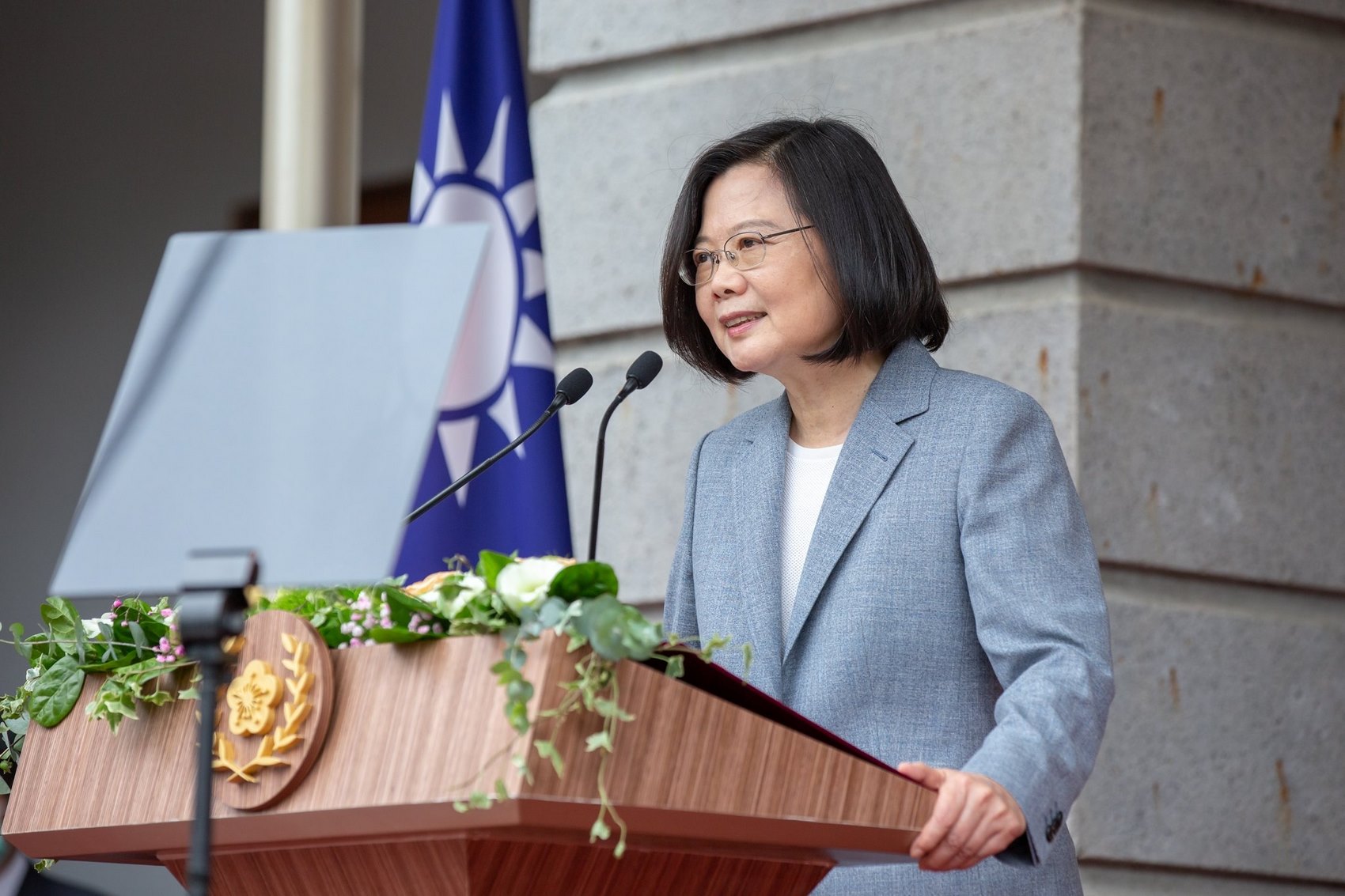
At the end of last year, Tsai announced a policy geared towards “cultivating people’s English proficiency” in a bid to “elevate national competitiveness,” saying it was important for Taiwanese to speak about Taiwan and its values in the international community.
However, the current restrictions barring most foreign professionals from becoming dual nationals is counter-intuitive to Tsai’s pledge, Cody told HKFP. “You say you want people exactly like me, I’m a teacher trainer. This is my home, I know the local context. And yet I can’t get dual nationality because the dual nationality laws don’t cover me,” she said.
“If Taiwan wants to attract talent, if it wants to improve language efficiency the way that they say they do, then why would they not include the exact people they want in their dual nationality scheme?”
As a researcher of Taiwanese indigenous culture and languages, Friedman said there was also an ideological reason for allowing more foreigners to hold dual citizenship. “I would very much like to see Taiwan move away from the ethno-nationalistic view that citizenship in Taiwan is associated with being Chinese… I would like to see more diverse kinds of Taiwanese people.”
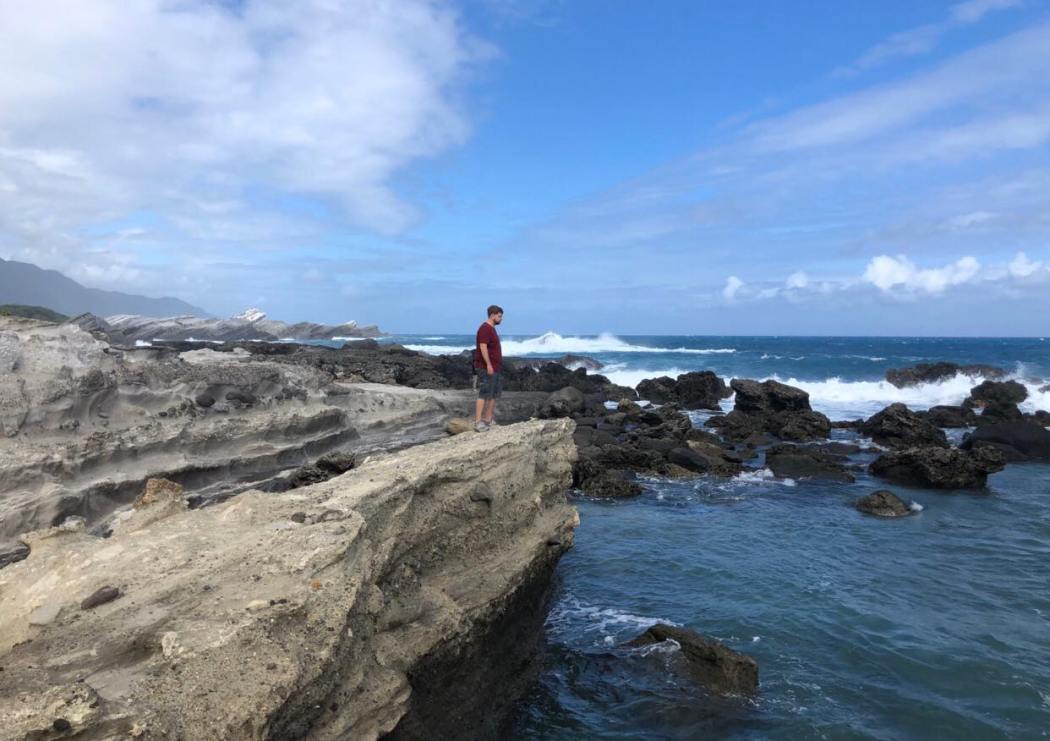
“I think Taiwan’s future as an independent country also depends on de-linking Taiwanese identity from ‘Chinese-ness’… So as a personal act, becoming a Taiwanese citizen myself is a step in that direction,” he said.
For now, however, the possibility of becoming a dual national remains a distant dream for many foreign professionals.
Preston, the Taiwanese-born English teacher now living in in Kaohsiung, said becoming a citizen meant he would truly belong to a place that has always been home. “Taiwan has always been my home. I’m quite proud of this country. I definitely have more pride for Taiwan than for Canada.”
Support HKFP | Policies & Ethics | Error/typo? | Contact Us | Newsletter | Transparency & Annual Report | Apps
Help safeguard press freedom & keep HKFP free for all readers by supporting our team

HKFP has an impartial stance, transparent funding, and balanced coverage guided by an Ethics Code and Corrections Policy.
Support press freedom & help us surpass 1,000 monthly Patrons: 100% independent, governed by an ethics code & not-for-profit.










